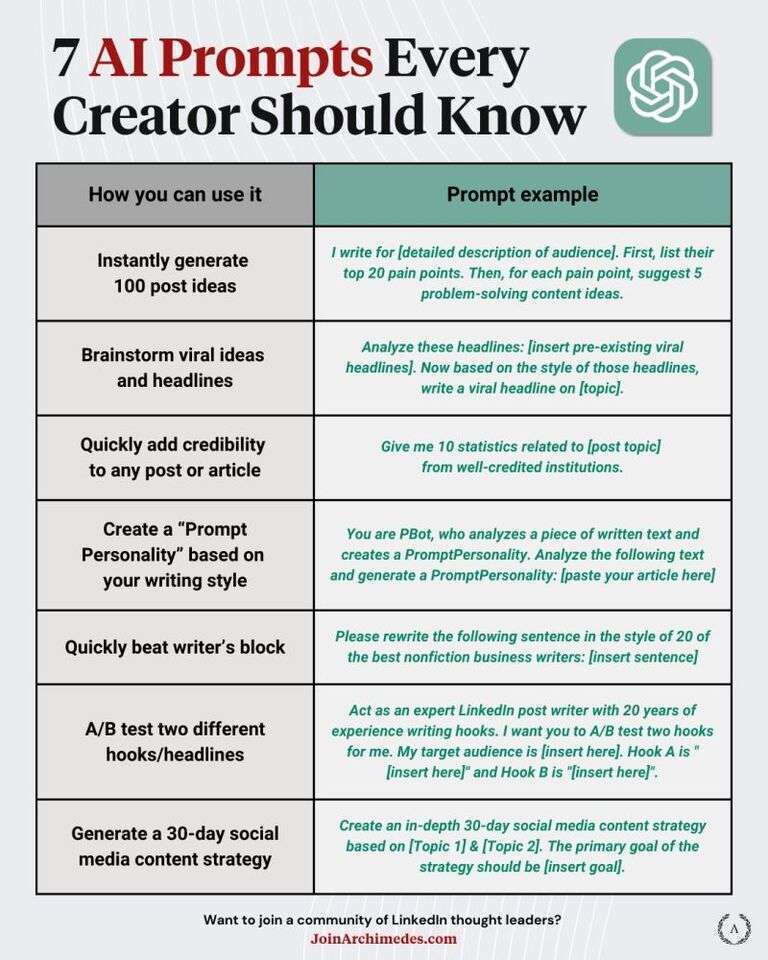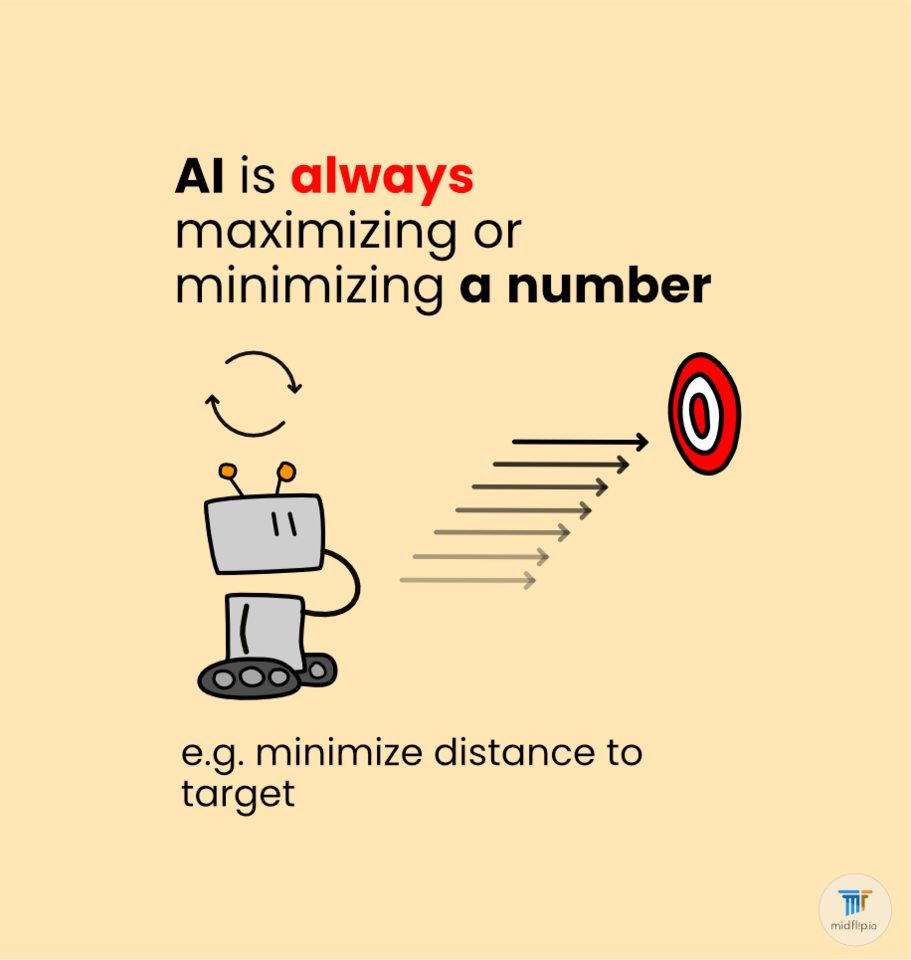You are born. You learn. You grow… then you compete. You compete for money, attention, for love, and for a life worth living.
But sometimes… you are born into a world where the odds are stacked against you. Where the required ingenuity, effort, and luck is so high, that you cannot climb upwards.
During such times, people do not just give up. If the structure of society is against you, many rise against it.
Inequality is natural and naturally destabilizing.
The reality is that in every natural system, positive feedback loops exist. In nature, the big get bigger. In economics, the rich get richer. Advantages allow for more possibilities; possibilities allow for more advantages. This feedback loop is a natural phenomenon.
Over time, this creates massive inequalities. Entire industries become monopolized by small groups of people. With such power and wealth, these people’s top priority becomes protecting their position. They consolidate control, stop upcoming competitors, buy the media, and corrupt regulators. They stop others from being able to compete.
This works for a while and so inequality builds and builds. Some ambitious people with luck and genius break through. They invent new technologies, find new business practices, and disrupt. These people are held high as examples to be emulated; all the while mobility trends downward. It becomes tougher and tougher for the average person to find their break. Each path to success is blocked off by different monopolies protecting their position, and wealth continues to pool at the top.
People live in cultural bubbles and so sometimes this is not evident. The ambitious new rich and old money rich both always compare upwards. They look and see people doing better than themselves. A survey conducted by bloomberg shows that 25% of the top 10% of US tax filers categorize themselves as ‘poor’, ‘very poor’, or ‘getting by but things are tight’. They are caught in their own rat race and tend to miss the bigger picture.
So, you end up with:
a tiny population of elites owning a ridiculous amount.
An upper middle class caught up in their own rat race.
A population of ambitious up-n-comers realizing that the game is rigged.
And the poor majority struggling to survive.
This has happened many times in history. It is no secret what happens next. Inequality is one of the main indicators for revolt (1) - The other is general negative economic outlook.
Where are we now?
Here are some graphs visualizing income equality today.
Here are some visualizations of monopoly power in America today:
America seems to have very high inequality right now. Our economy seems to be very monopolized, and our government seems to be captured by these wealthy interests. I don’t think we are at breaking point yet, but alarm bells should be ringing.
Solution’s tried in history
Entrenched rich give nothing - The entrenched monopolists keep building their wealth and use their position to beat back any attempts against it. This generally requires the government turning towards fascism, dictatorship, or a particularly corrupt form of democracy. For example, monopolistic landowners in late-stage Rome turned Europe into a serf-based feudalist society. Those landowners’ ancestors became the nobles and monarchs of the Middle Ages. Entrenching the top tends to destroy complex societies, because smart, ambitious, and productive people are stopped from moving up the hierarchy.
Distribute all the wealth - The wealth is taken from the monopolists and distributed, with no care to meritocracy and production capability. I think we all know where this leads. This is how we get to communism. Imperial Russia had massive inequality problems. The communist party took it over and attempted to distribute wealth evenly among the population. This failed miserably as corruption ran rampant and central planning could not keep up with the complexities of a nation’s economy.
Middle ground - Middle ground solutions have the best track record in history. America has a great example in its own history. The gilded age saw a massive concentration of wealth within the hands of railroad tycoons, oil barons and more. These monopolist corrupted politics and altered regulation to their liking. Meanwhile the average person was in a state of abject poverty and was subject to stressful and dangerous working conditions. Teddy Roosevelt enacted a program called the “Square Deal” which consisted of the “three Cs”: Consumer protection, control of corporations, and conservation. These anti-trust policies broke up monopolies and allowed for a more meritocratic system.



Hot comments
about anything